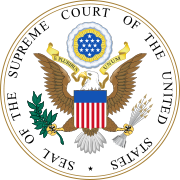Healthcare analyst and consultant Paul Keckley, Ph.D. has looked at how hospital boards should be held accountable for their institutions’ culture.
He noted:
“On Wednesday, Oct. 4, the National Association of Corporate Directors released a report from its 34-member commission outlining 10 recommendations that would encourage boards to be more proactive in attending to corporate culture. They include the formal measurement of culture, the inclusion of culture considerations in performance reviews of top managers, changes to incentives in short- and long-term compensation and others. Their bottom line is this: Boards must understand how an organization achieves results, not just the results themselves. ”
He writes about:
“Board education: …. Nonprofit boards underinvest in board education and many are lax in evaluating their boards. Complex issues like private inurement, the False Claims Act, HIPAA and many more require more than casual understanding by trustees.”
“Culture monitoring processes: Hospital boards must create a formal process for monitoring the culture in their hospitals. Most hospitals conduct employee surveys and share the results with the board. Many of these include comparisons to other organizations and best practice recommendations. But in the future, boards must go deeper. The work climate in most hospitals is stressful. The workforce is expected to do more with less and alter work habits as clinical innovations and payment schemes force change. Boards must examine the mechanisms whereby the workforce is managed, promotions awarded, recognition and compensation given.”
To read his whole commentary, please hit this link.






